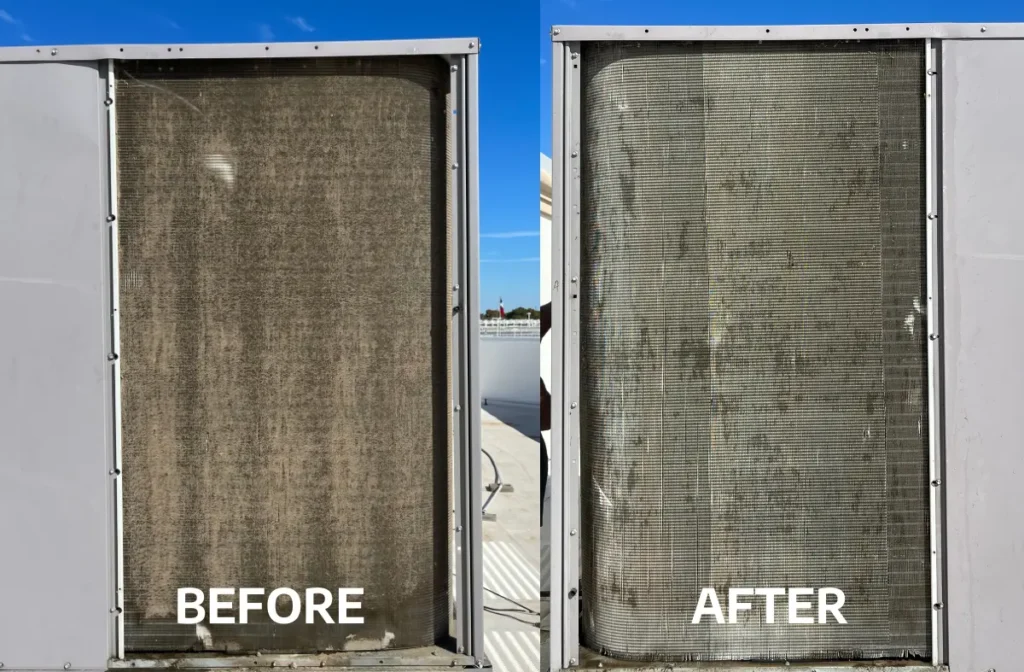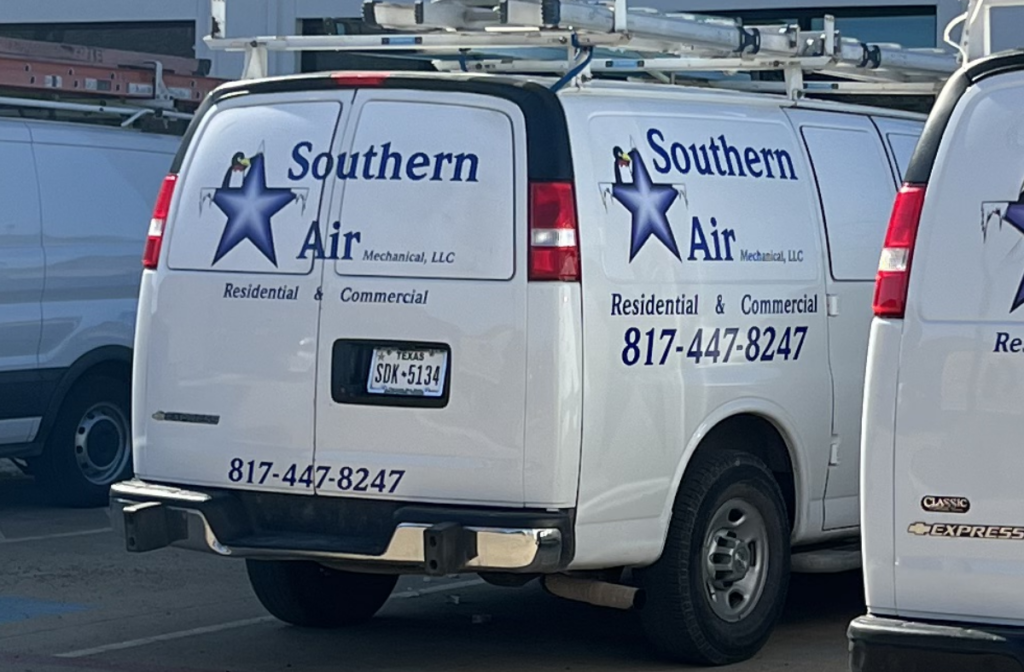

Ensuring the air we breathe is clean and healthy is more important than ever. An air purifier in your home might be what you need to feel your best, but how do you know if it’s worth the investment? Here are some common questions and answers to guide your decision.
A: An air purifier removes contaminants such as dust, pollen, pet dander, smoke, and even certain bacteria and viruses from the air. It works by drawing in air, filtering out these particles, and circulating clean air back into the room.
A: If you experience any of the following conditions, you might benefit from an air purifier.
A: There are several types of air purifiers available, each with its own set of features and benefits:
Most people think air purifiers are designed only to address one room at a time, in which case, multiple devices are necessary to suit the needs of an entire home. If you’re part of this majority, you may be happy to learn that an air purification system can come as part of your HVAC
If you’re experiencing any of the conditions discussed, it’s time to consider investing in an air purifier. It will improve the indoor air quality of your home and provide peace of mind that you and your loved ones are breathing clean, healthy air. The experts at Southern Air Mechanical can help you find the best HVAC system air purification equipment to fit your needs. Contact us today for a free quote.



(817)447-8247
info@southern-air.net
Open 24 hours
Mon - Fri: 7am to 4pm